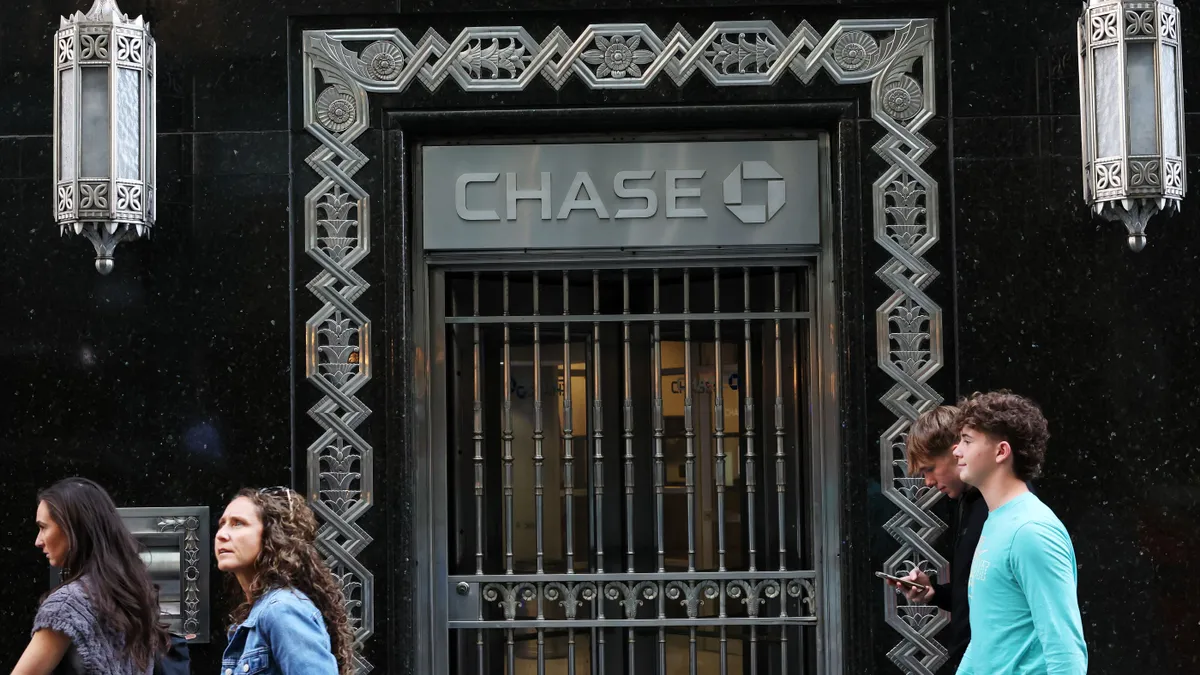Dive Brief:
- Use of the RTP instant payments network surged last year, with a 38% jump over 2023 to 343 million transactions and a near doubling of the value to $246 billion, according to a Wednesday press release from The Clearing House, which operates the network.
- The high-speed system, which is open for bank business around the clock, also reported a 67% increase in the number of financial institutions that participate. RTP has about 840 financial institutions on its network, said Greg MacSweeney, a spokesperson for The Clearing House.
- The New York-based company also noted that the average payment value rose 40% to $719 last year, up from $514 in 2023. And record volume in the fourth quarter last year bodes well for 2025, TCH said.
Dive Insight:
The Clearing House founded the RTP network in 2017 as countries around the world were creating such systems to speed up payments, closing transactions digitally in seconds as opposed to days.
The U.S. was a relative late-comer to the campaign to implement such real-time payments when TCH opened the first such network, and the country is still playing catch-up. The federal government followed TCH’s lead in 2023 when the Federal Reserve launched the FedNow system.
That created new competition for the privately-run RTP, but also spurred more interest in such payments, seemingly leading RTP’s volume to rise as FedNow’s services spooled up. So far, FedNow volume has been sluggish, but it has more banks than RTP participating with about 1,200, particularly smaller ones.
The Clearing House is owned by a pack of banks, including JPMorgan Chase, the largest in the U.S., as well as Bank of America, Barclays and Capital One, among others.
Most of RTP’s traffic is for consumer purposes, with 88.5% of transactions having a consumer involved, while the other 11.5% of transactions are for business-to-business purposes, MacSweeney said by email.
More businesses are likely to make use of RTP as the system soon allows larger payments to be sent. Next month the RTP limit on transactions will increase to $10 million, from $1 million currently.













